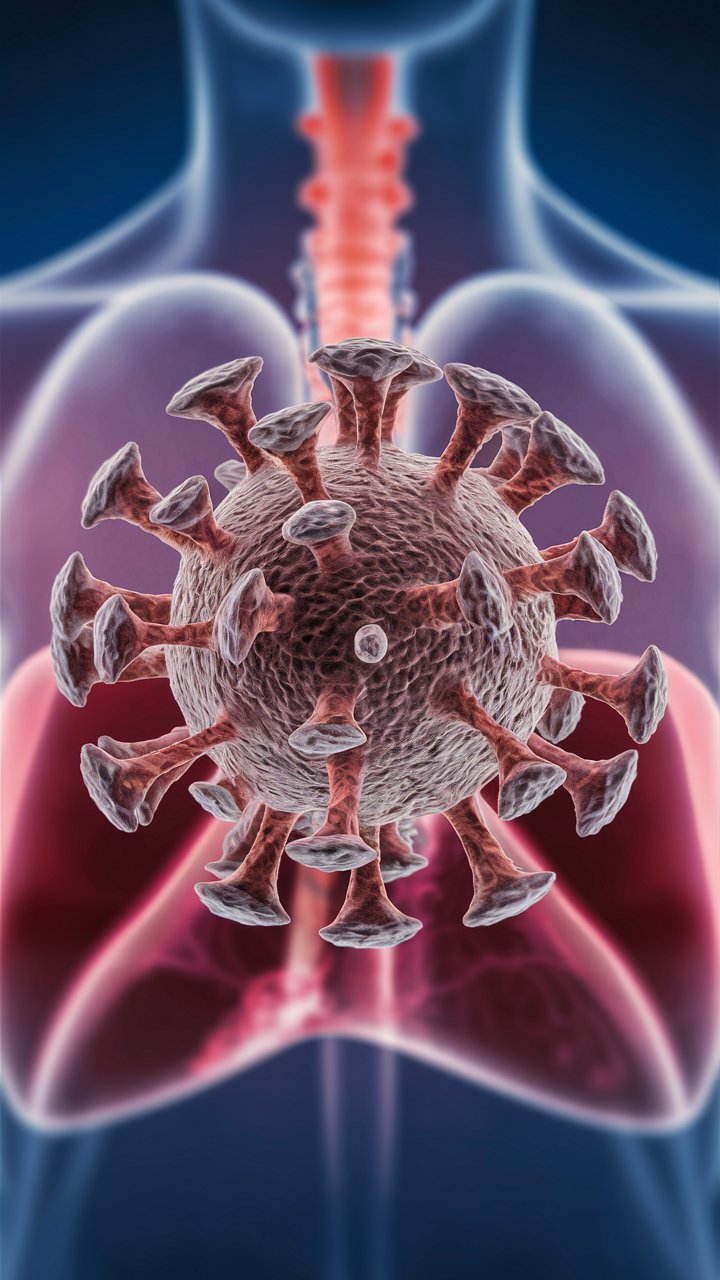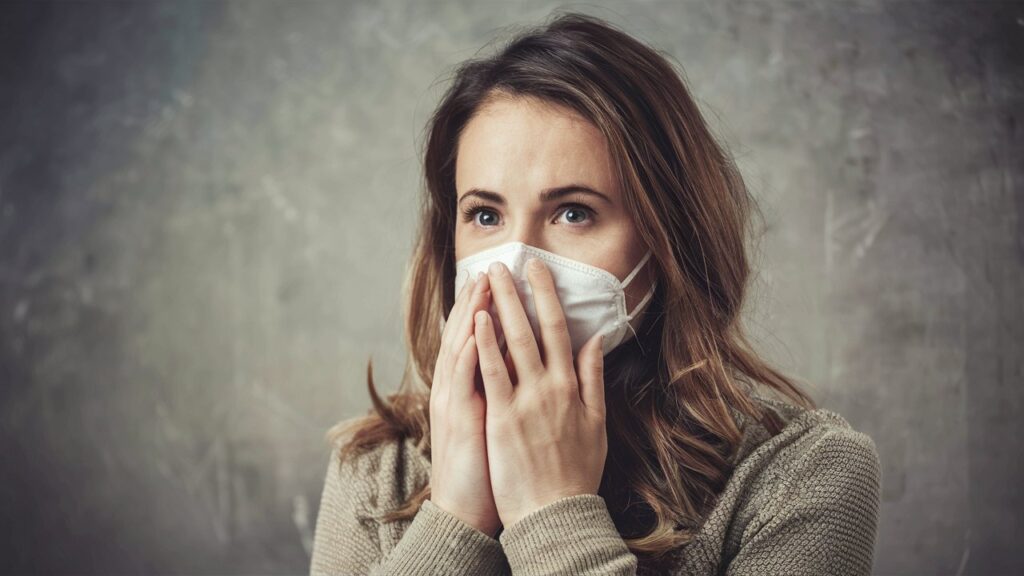Avian Influenza Outbreak on Cape Cod: Staying Informed and Prepared

Highly Pathogenic Avian Influenza (HPAI), commonly known as “bird flu”, was first detected on Cape Cod in early February 2022. While the disease does not pose an immediate threat to human health, it spreads rapidly among wild birds and domestic poultry. As the outbreak continues, it is essential for residents, poultry owners, and pet owners to stay informed and take necessary precautions.
Understanding Bird Flu

According to the Massachusetts Department of Public Health, bird flu is caused by certain Type A influenza viruses that primarily spread between birds, not people. The viruses occur naturally in wild aquatic birds worldwide and can infect domestic poultry, causing serious illness and death in chickens, ducks, and turkeys.
The risk of bird flu transmission to humans is low, with rare instances of infection occurring through close, prolonged, unprotected contact with infected birds. No human cases have been linked to properly handled poultry meat or eggs.
However, since sporadic human infections are possible, vigilance is important. Symptoms in humans can range from mild to severe and may include fever, cough, sore throat, eye irritation, and difficulty breathing. If you suspect exposure, contact health authorities for guidance.
Protecting Backyard Poultry Flocks
Owners of backyard poultry flocks should be vigilant in protecting their birds from bird flu. Watch for signs of illness, such as sudden death, low energy, reduced egg production, swelling, nasal discharge, lack of coordination or diarrhea.
If you suspect that your birds are infected, immediately report any sick or dead poultry to the Massachusetts Department of Agricultural Resources, Animal Health Division at (617) 626-1795. Taking prompt action can help prevent the spread of the virus to other flocks.
Proper biosecurity measures, such as keeping poultry in enclosed areas, preventing contact with wild birds, and disinfecting equipment and clothing, can further reduce the risk of infection. Regularly clean and disinfect poultry housing, feeders, and waterers, and avoid sharing equipment with other bird owners.

Precautions for Pet Owners and the Public

Pet owners should prevent their animals from contacting dead birds, as some mammals can become infected with bird flu after exposure. Keep pets on a leash or under supervision when outdoors, and dispose of any dead birds using gloves and a plastic bag.
If you suspect you may have been exposed, monitor for flu-like symptoms, including fever, cough, sore throat, difficulty breathing, eye irritation, headaches, runny nose, muscle aches, and diarrhea. If symptoms develop within 10 days of exposure, contact the MA Department of Public Health Division of Epidemiology at (617) 983-6800 for guidance on testing and isolation.
The public can help prevent the spread of bird flu by reporting any suspicious bird deaths and avoiding contact with sick or dead birds. Maintain good hygiene practices, such as washing hands thoroughly after being outdoors or handling animals. Educate children about the importance of not touching dead birds and reporting them to adults.
Reporting and Monitoring

If you find a sick, injured or dead wild bird on Cape Cod, contact the Cape Wildlife Center in Barnstable at (508) 362-0111 or Wild Care, Inc. in Eastham at (508) 240-2255 for assistance. These organizations are equipped to handle and rehabilitate affected wildlife.
Additionally, you can report dead bird sightings to MassWildlife online to help monitor for possible outbreaks. This information is crucial for tracking the spread of the virus and implementing appropriate control measures.
Collaborative efforts between wildlife organizations, government agencies, and the public are essential for effectively monitoring and responding to the bird flu outbreak on Cape Cod. By working together and sharing information, we can better understand the scope of the outbreak and allocate resources where they are needed most.



